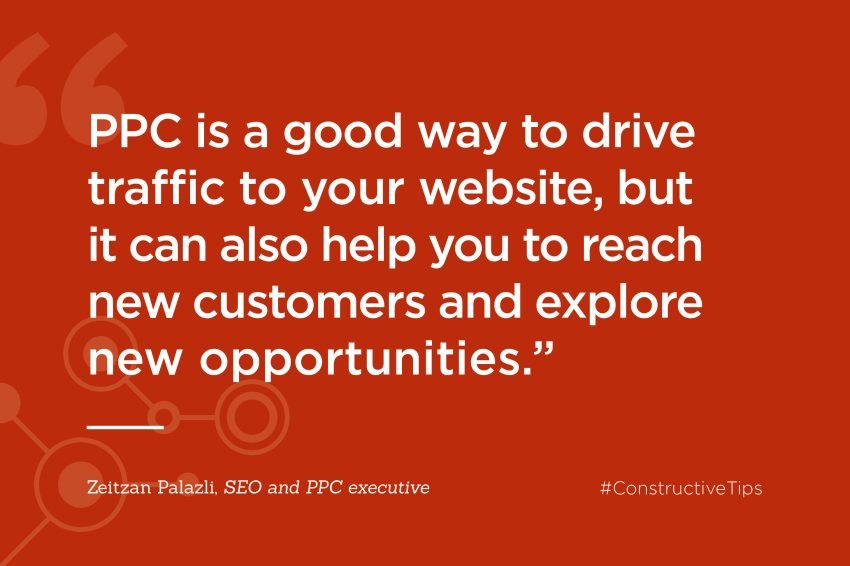Pay-Per-Click (PPC) Basics
Published - 20th February 2023

If you have just built your new website and you are eager to secure your first sales and increase your brand’s visibility online, Pay-Per-Click (PPC) is a great way to do it.
PPC is a good way to drive traffic to your website, but it can also help you to reach new customers and explore new opportunities.
This guide will help you understand what pay-per-click marketing is. We will explore its functions, its key definitions, and the real benefits it can bring to your marketing campaign.
What is Pay-Per-Click (PPC)?
Pay-Per-Click, also known as PPC, is a digital marketing channel that uses paid advertising in online platforms in order to drive traffic to your website from search engines and increase your conversions.
How does PPC work?
PPC allows you to create a campaign and display your website into search engine results pages (SERPs) when a user is searching for a specific keyword or term that you have included in your ad copy. Every time a user clicks on your ad, you pay a fee. The most common used ad platforms are Google Ads and Bing Ads.
Key terms in PPC
Campaign: A set of ads that share the same goal and objectives. Campaigns usually have one or more ad groups.
Ad Group: A set of ads within the campaign that target related keywords and search terms.
Keywords: Words, phrases, and search terms that SEO and PPC specialists use in order to make websites and web pages rank higher on SERPs.
Ad Copy: The text that is found within the ad. This includes URLS, headlines, and descriptions.
Landing Page: The destination URL where users are directed once they click on your ad.
Bidding: The maximum cost you wish to spend on specific keywords within an ad in order to reach your objective.
Cost-Per-Click (CPC): Is a bidding metric that informs marketers how much they paid every time a user clicked on their ad.
Where to use PPC?
There are numerous online platforms where you can advertise depending on your audience, your budget and availability of your selected keywords.
The most popular and highly trafficked platform is Google, with 92% of users using Google to search for information. Google gives you plenty of opportunities to target your preferred keywords, however keywords can be very competitive resulting in a larger ad spend.
Bing is another online platform that a lot of marketers use. Bing Ads serve the same purpose as Google Ads with a lower CPC, but also a lower audience.
Facebook is a popular social media platform and it’s great for paid ads. Facebook allows marketers to target users based on location, demographics, behaviours and interests. Facebook also gives you the choice to target on Instagram as well.
What is the difference between SEO and PPC?
SEO and PPC are different, however when aligned together, they can generate ultimate results for businesses. SEO is the process of optimising your website to rank higher on search engine results pages for specific keywords. Usually, traffic comes organically. PPC, on the other hand, is a paid advertising tactic, in which you will have to pay for clicks to your website.
Benefits of PPC:
- You can target your preferred customer persona
- You can select specific keywords
- You set the budget
- You can control the ad schedule and location
- Results are immediate
- You can track and measure the results
Whether you have a new business or have been around for years, PPC is a great way to build your website’s traffic, improve conversions, and get you ahead of your competitors.
Check what Harris Creative can do to help you set up your PPC campaign.
Ready to get started with PPC? Get in touch with our team
Harris »